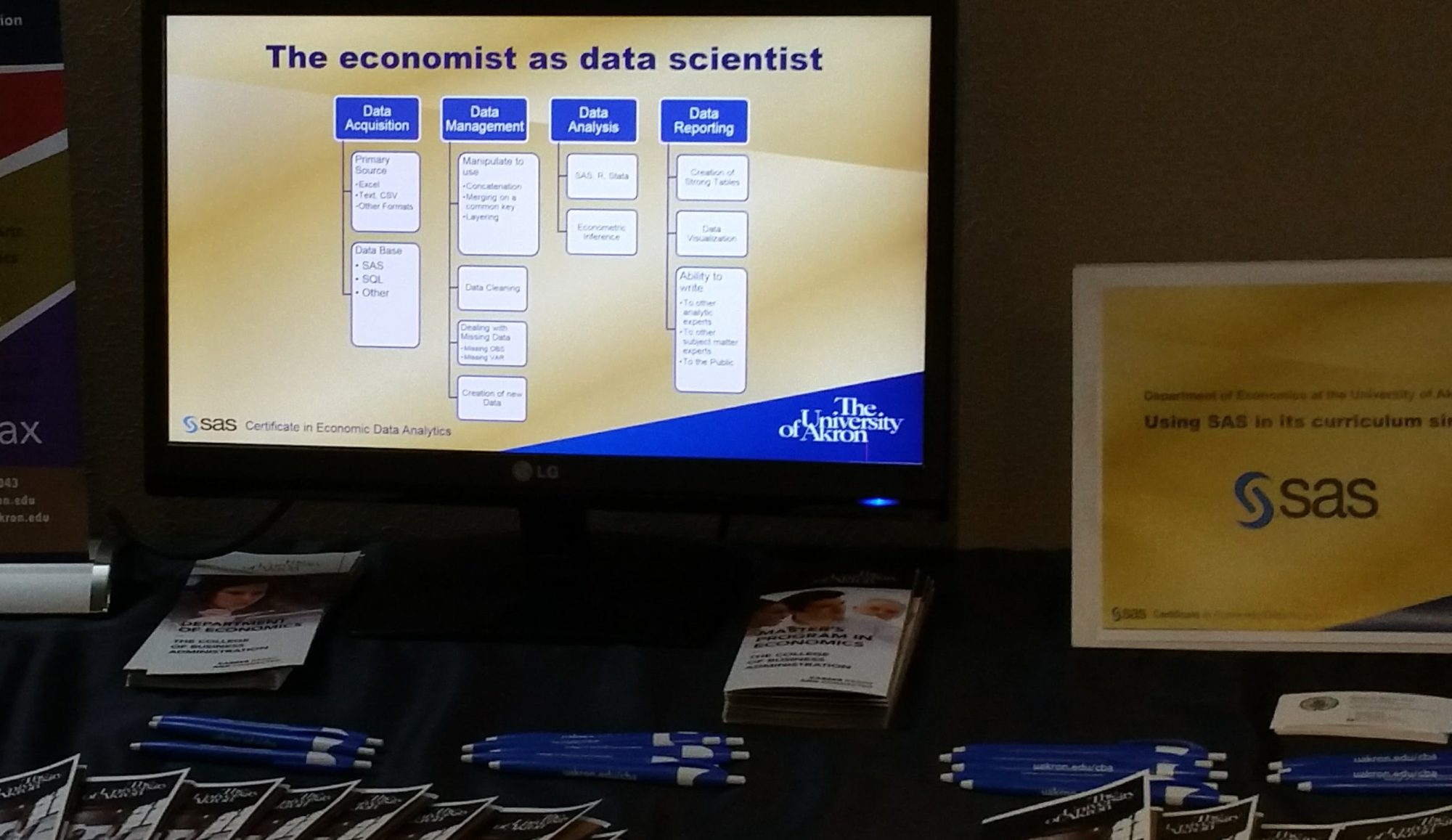
I am teaching an introductory economics course that is below the typical principles level and is far too often taught as a “baby principles course” or such a watered down version of a principles course to be unrecognizable as economics. In my humble opinion, teaching a survey course as the watered down version of what we teach as Principles of Economics is a type of malpractice and an ethical lapse. It is the economic equivalent of teaching math by focusing only on adding and subtracting while obscuring all higher order functions as “beyond y’all,” or “too complicated.” It is also like teaching history as a set of unrelated dates without any context, or with only biased context. presented.
There are many books that report to survey economics available to me as a professor, but my choice is Thomas Sowell’s Basic Economics: A Common Sense Guide to the Economy, now in its 5th edition. The main reasons are:
- The proper goal for this course is to enhance economic literacy as a life skill,
- Supply and demand drawing students once escaping the classroom forget all they learned, and worse remember that to solve that economic problem requires graphics and mathematics they can’t recall,
- Focusing on the graphics and equations necessarily competes with learning historical context and logical thinking,
- Learning to not be deceived by good sounding things that do not hold up to scrutiny requires persons who are brought up to think critically, logically with historical context and the lessons of evidence, and finally
- the book is inexpensive (about $18 at Amazon) and close to Open Source in prices.
I desire to teach as Sowell writes, without any mathematics, equations or economic graphs and without being highly political.

Students need to remember the principles of economics and not the ability to solve a problem with supply and demand graphs. They need to be economically literate. I think this course should be taught at this level with a foundation of common sense, logic and evidence. Moreover, in this highly partisan politicized world too often politics gets in the way of economics, or worse, someone hears an economic principle and immediately associates it with a partisan position. Students need also be introduced to an many economic fallacies as possible.
My mantra for students these many years since I have been teaching is we will embrace:
Economic Reality and not Wishful Thinking.
The freedom to this approach is that we can talk about policy and stay out of politics. My son relates a conversation when he was majoring in economics a few years ago with a highly partisan politically motivated student and head of a local campus political group. He was asked how my son could live with such an (insert pejorative political label here) for a dad. My personal politics beliefs were just the opposite. So I win. I leave politics outside of the classroom and focus only on analyzing the policies in a logical manner using historical context and evidence.

Of course, I relate in class from time to time that the left think this and the right thinks that, but I am careful not to impress my political view on the students. I do not care if they figure it out, but I model the unbiased approach as much as I can. In fact i tell them if they vote left or right I do not care. Indeed, if they apply the evidence, logic and historical context to the problem then I am confident they are an informed voter and can pull whatever lever they wish. That is not my call, my mission is to make them think before they “jump.”

